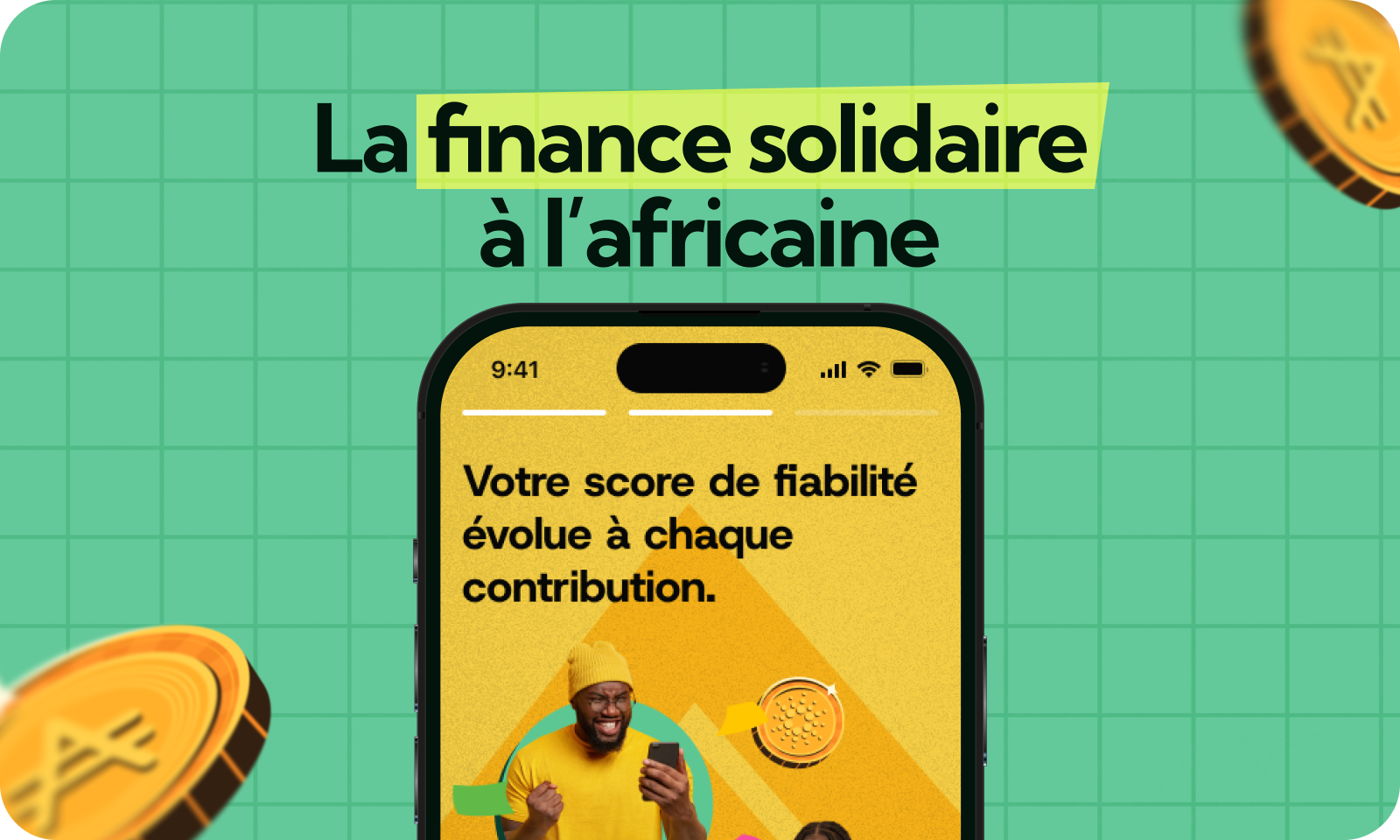
Tontine, Daret, Njangi… When Africa Reinvents Solidarity Finance
If you grew up or spent time in Africa, chances are the word “tontine” sounds familiar. You may have even participated in one with colleagues, neighbors, or family… The tontine is much more than just a savings system; it’s a social institution, a tool for financial autonomy, and a lever for solidarity.
But did you know that the tontine exists across the entire African continent and goes by as many names as there are languages and cultures?
What exactly is a tontine?
A tontine is a community savings system where each member contributes regularly (weekly, monthly, daily…) to a common fund. At each cycle, one member receives the pot. The turns continue until everyone has received a share.
It’s a system based on trust, mutual support, and collective responsibility. No formal contracts, no banks — a spoken agreement is enough.
From Country to Country: What Tontines Are Called in Africa
Here’s a quick tour of Africa to discover how tontines are named in different places:
An Ancient Practice, More Modern Than Ever
Today, tontines are no longer limited to circles around a fire or neighborhood courtyards. They’re going digital, opening up to new communities, and being integrated into mobile money apps, fintech platforms, and even innovative African startups.
In Central and West Africa, more and more people manage their tontines through Orange Money, MTN Mobile Money, Wave, or specialized apps.
Why Tontines Stand the Test of Time
- No need for a bank or online account
- Accessible even in rural areas
- Based on social trust, often stronger than formal contracts
- Help finance real-life projects: education, business, healthcare, weddings, etc.
- Create social bonds and a sense of collective responsibility
Toward Tontine 2.0?
Today, some platforms like Paykko aim to digitize the tontine while respecting its core values: simplicity, transparency, and solidarity.
The goal? To allow a new generation to continue supporting one another — even remotely, even in the digital age.








.png)


.png)

